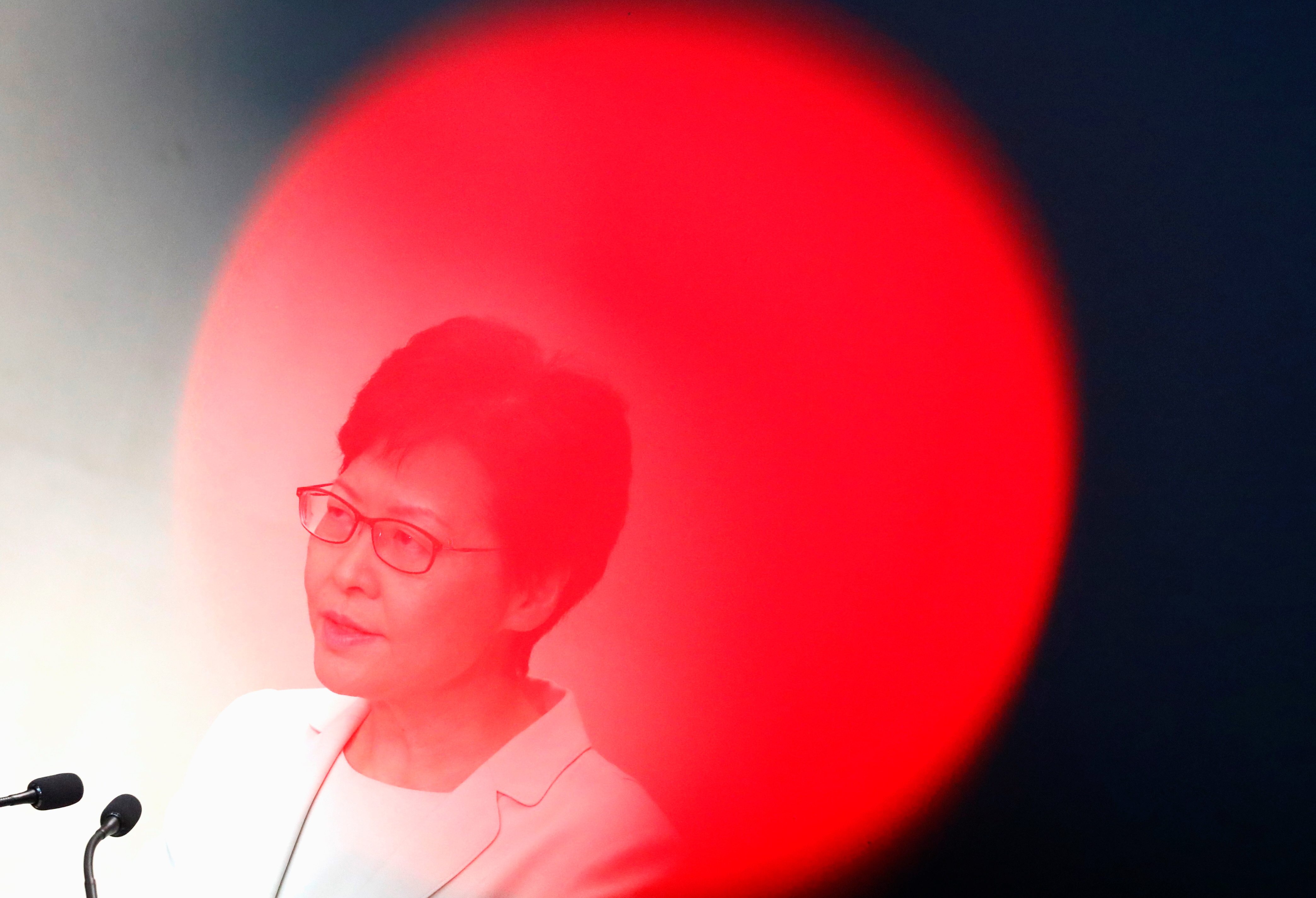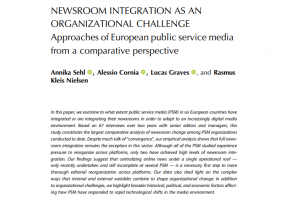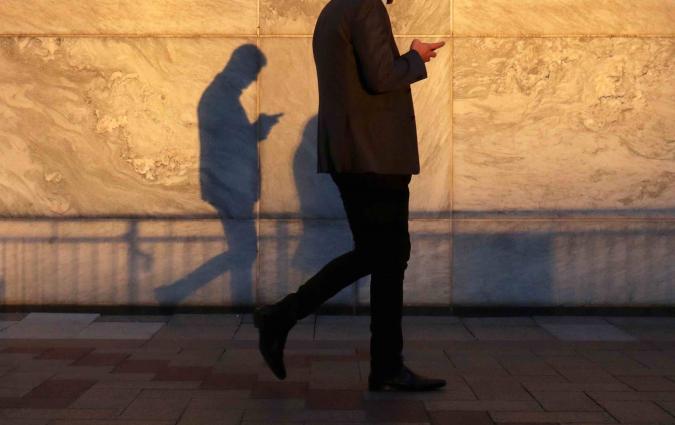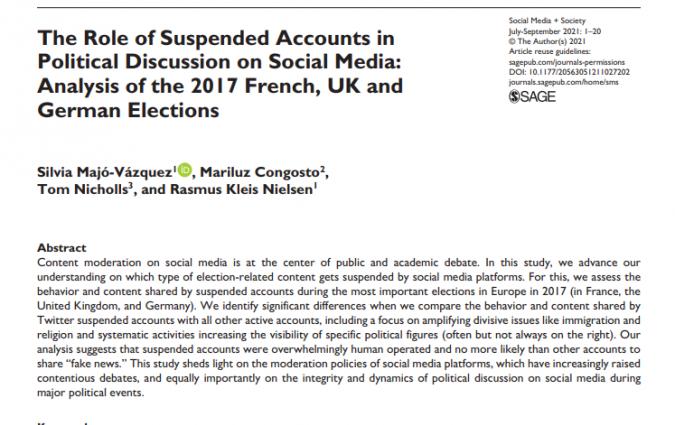Reddening or Reckoning? An Essay on China’s Shadow on Hong Kong Media 22 Years after Handover from British Rule

Paper by RISJ Journalist Fellow
Paper by former Journalist Fellow Stuart Lau looks at the influence that China holds over Hong Kong media and the implications for democracy and trust in the press.
From preface:
Hong Kong journalists have always stood on the front line of reporting China, a country that exercises an authoritarian system of government but is nonetheless on track to global economic prominence. The often-overlooked role of Hong Kong journalists, though, has gained international attention in summer 2019, when weeks of citywide protests has viralled into the largest-scale public opposition movement ever in the city’s 22-year history as a postcolonial political entity under Chinese sovereignty, forcing the Hong Kong government into accepting defeat over the hugely controversial extradition bill.
While much can be said about the admirable professionalism of Hong Kong’s frontline journalists including reporters, photojournalists and video journalists, most of whom not having received the level of warzone-like training required amid the police’s unprecedentedly massive use of potentially lethal weapons, this essay seeks to examine something less visible and less discussed by international media and academia: the extent to which China influences Hong Kong’s media organisations, either directly or indirectly.
[Image: Hong Kong's Chief Executive Carrie Lam addresses a news conference in Hong Kong, China September 5, 2019. The red dot is created by the recording light of a television camera. REUTERS/Kai Pfaffenbach]






